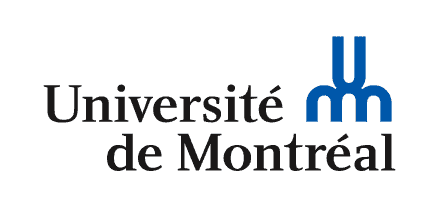What is editorialization? (CSDH-SCHN 2016)


What is editorialization?
Nicolas Sauret
Marcello Vitali-Rosati
A History of the term
- 2004-2007: the community begins to use the term (Bachimont)
- A sort of edition, but in a digital environnement
- Bruno Bachimont employs editorialization to explain the shift of a non-digital document to a digital document.
A History of the term
- 2008: the beginning of institutionalisation
- Sens public: forms of production and circulation of knowledge in the digital environment
- MSH laboratory: Interdisciplinary practices and the circulation of knowledge : towards an editorialization of Human and social sciences (Wormser, Vitali-Rosati)
It is important to understand how the aesthetics of new media and cognitive technologies are redefining practices and to share the outcomes of this transformation. Thus the concept of editorialization may be characterized by : the articulation of content production, technical and communicative factors, and the dynamics of contemporary exchanges in the humanities. This question branches across a range of accessible media and all of their records: accessibility, objectivity, legibility, comprehensiveness, tone, document structuring, links … How should we think about the encyclopedia of digital knowledge ?
A definition of the term
- 2016: After 8 years of workshop
Editorialization is the set of dynamics that produce and structure digital space. These dynamics can be understood as the interactions of individual and collective actions within a particular digital environment.
Vitali-Rosati, What is editorialization?, Sens public 2016
What does it mean???
In a concret way
- Writing/reading (blog posts, comments, articles, annotations, images, videos, clicks, I like...)
- Plateforms
- Algorithms
- Common practices
- Values and cultural tendences
Three implicit aspects
- Technological
- Practical
- Cultural
Autonomy and heteronomy of actions
Some Characteristics
- Processual nature (unlike printed edition)
- In time
- In space (not only a platform, not a predefined group)
- Open process (unlike content curation)
- Boudaries between academic and non academic content?
- Collective process
- Writing=reading